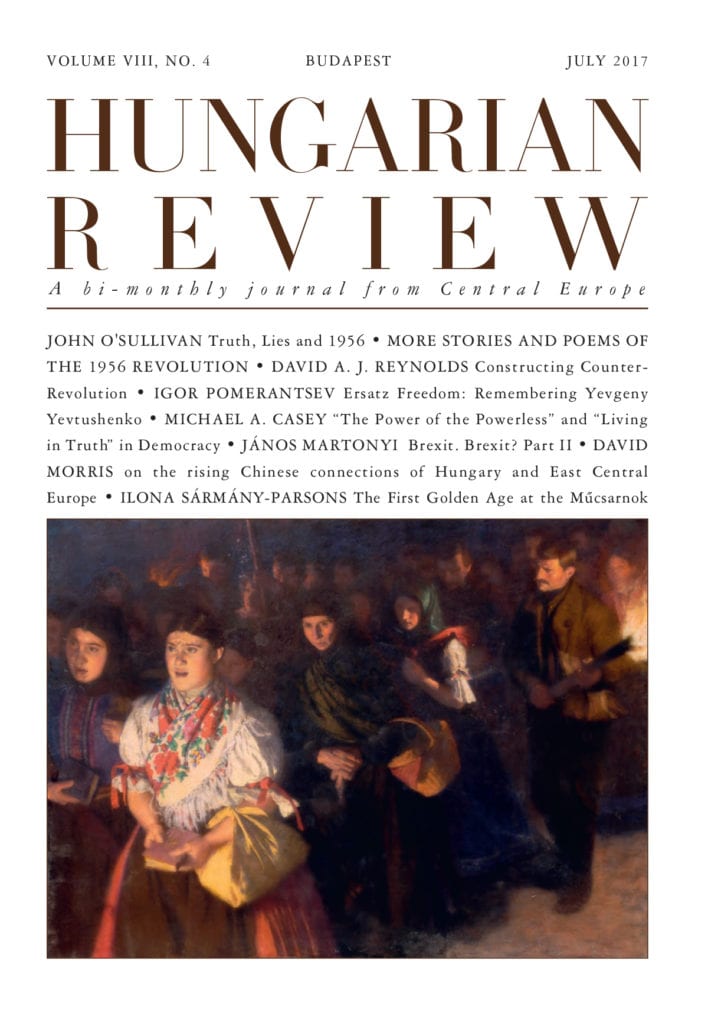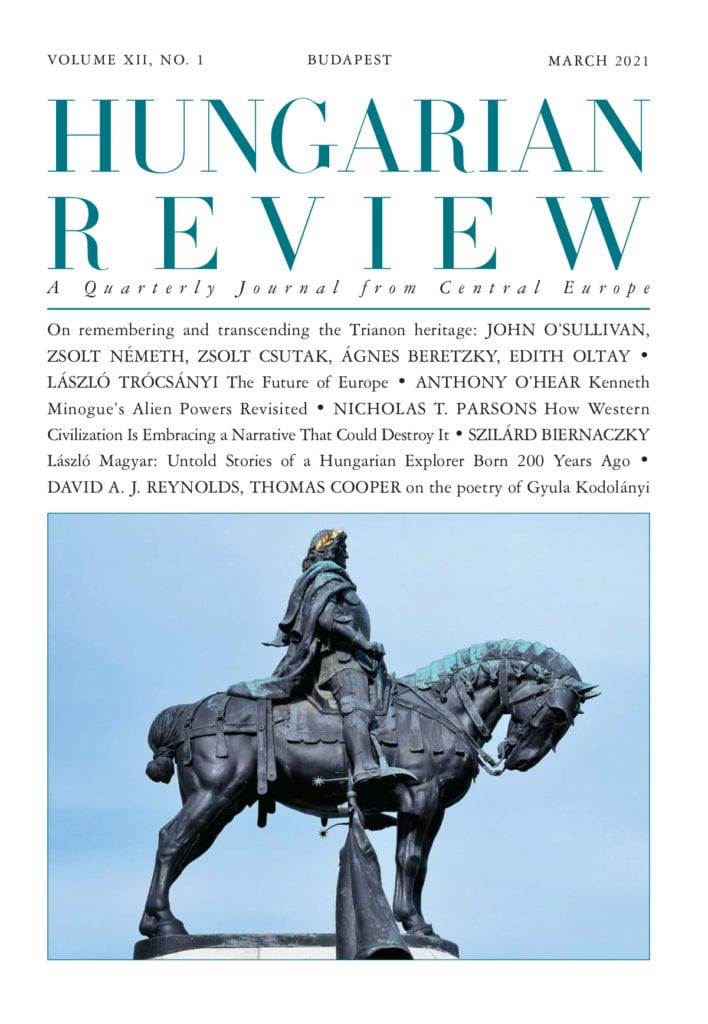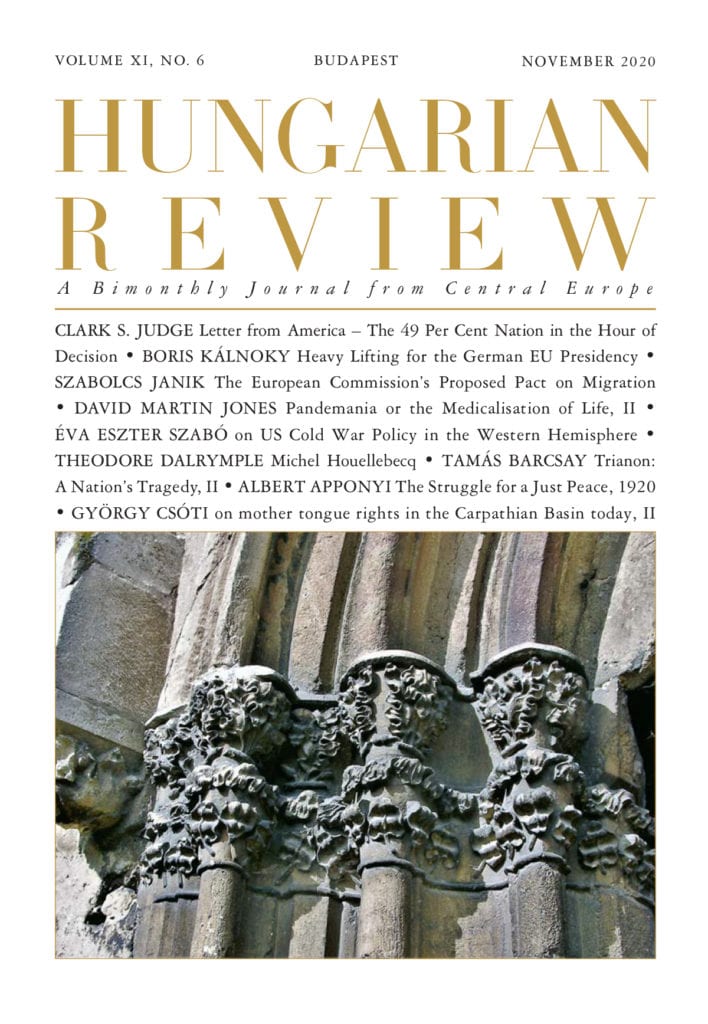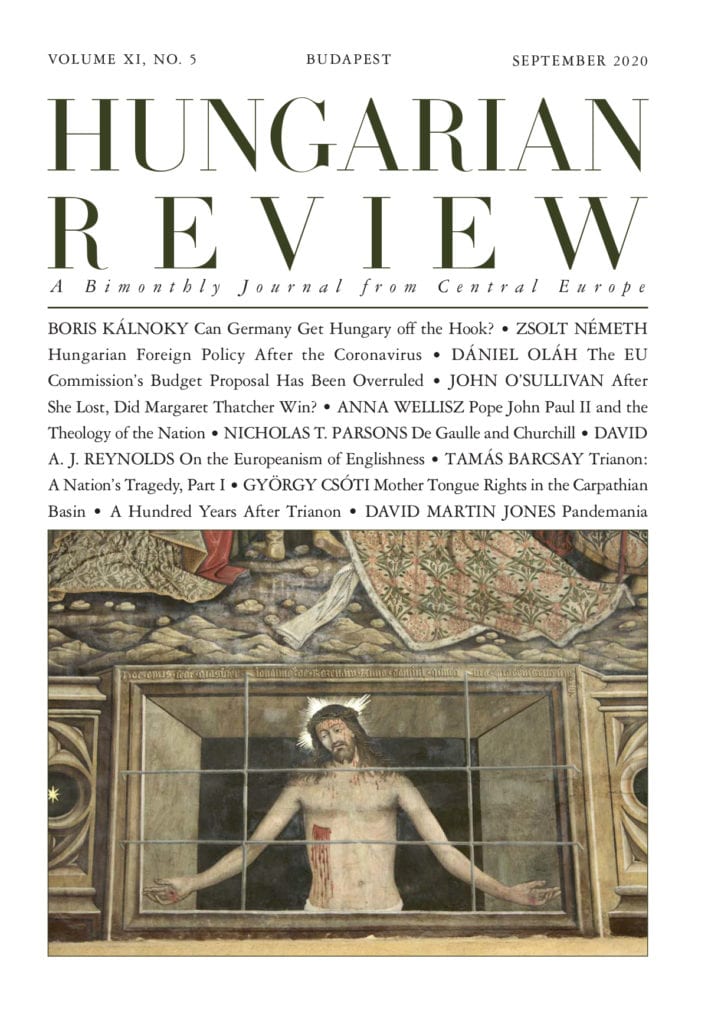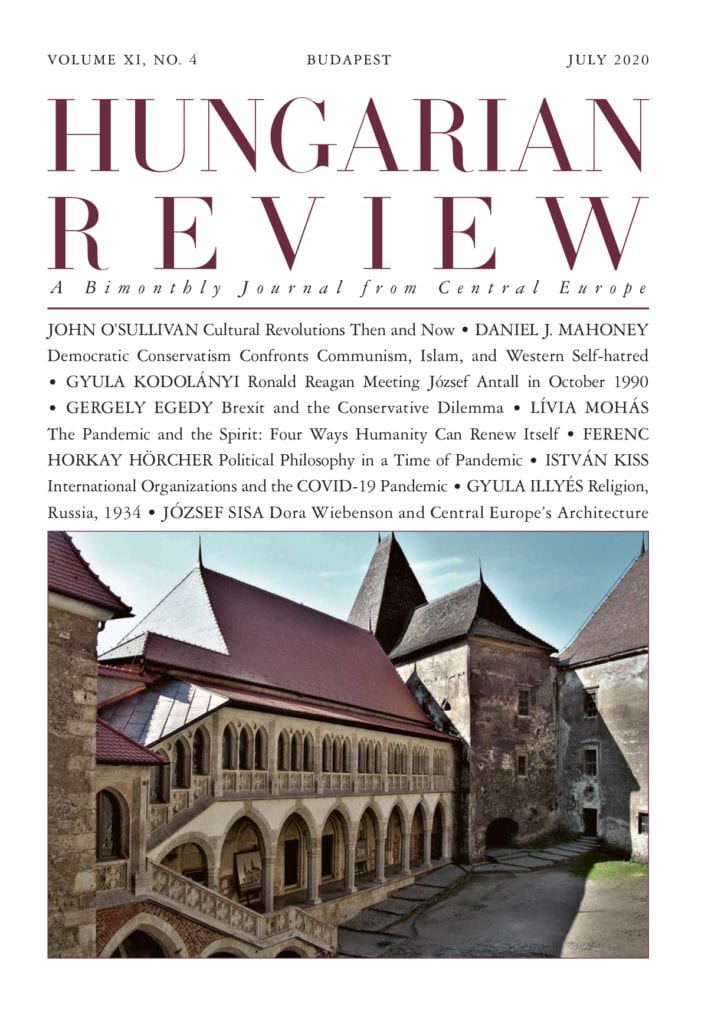TRUTH, LIES AND 1956 – EDITORIAL NOTE
1956 is the pivotal event in modern Hungarian history, and it is likely to remain so for the foreseeable future. The world recognises that as it relates to the world’s own history. Everyone can see that 1956 was the

